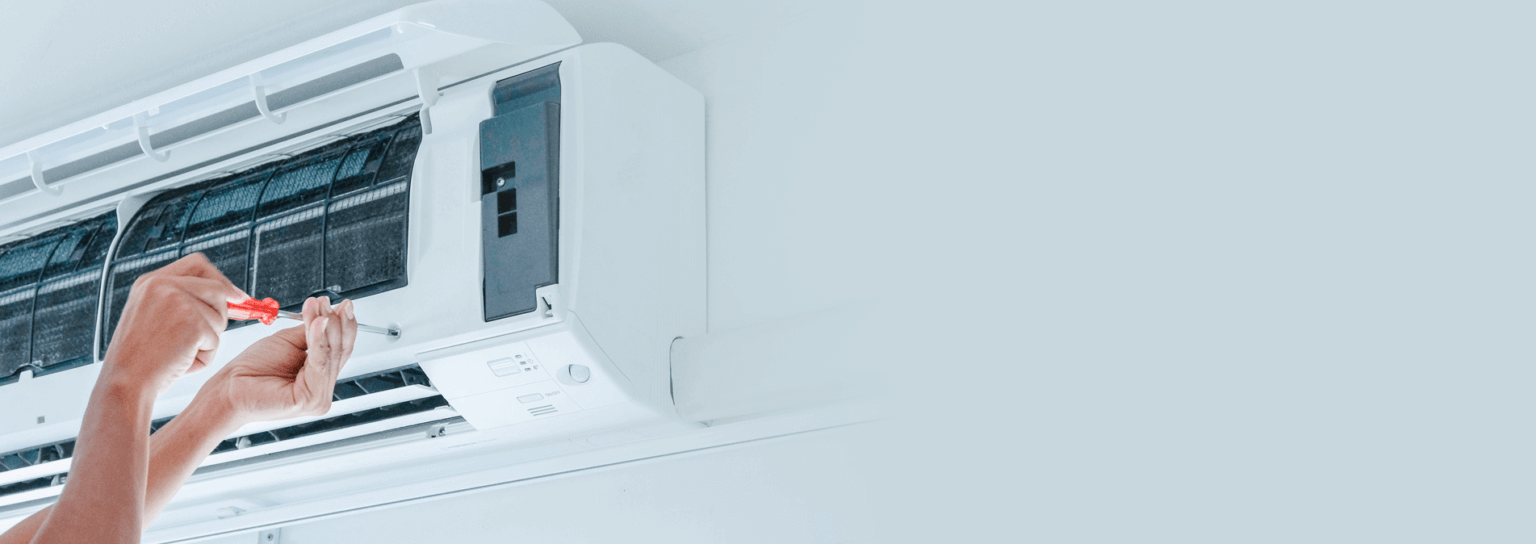Indoor air quality is a vital yet often overlooked aspect of our routine lives. Many people are oblivious that the air within our homes and workplaces can be more polluted than the air outside. This is where heat, ventilation, and climate control systems, commonly referred to as HVAC, come into play. These systems not only control temperature but also are crucial in preserving the air we breathe. Understanding how HVAC works can help you create a more pleasant living environment for you and your family.
As we spend a substantial portion of our hours indoors, the quality of indoor air has a direct impact on our health, comfort, and overall well-being. From reducing irritants and pollutants to maintaining ideal humidity levels, a efficient HVAC system is necessary. This article will guide you through the various parts of HVAC, explore common issues you might encounter, and provide expert tips on maximizing your system's efficiency and enhancing indoor air quality. Whether you are a homeowner looking to upgrade your system or a corporate leader seeking to improve workplace conditions, understanding HVAC is fundamental to creating a cozy and healthy environment.
Grasping Heating, Ventilation, and Air Conditioning Systems
HVAC stands for heating, ventilation, plus cooling, which are crucial components in ensuring a pleasant indoor environment. These systems function to regulate temperature, humidity, and air quality inside residential and commercial areas. By combining the three roles, they have a vital function in maintaining the house or workplace remains cozy all year round no matter the outside temperature.
Heating systems typically use furnaces or other heating devices for warm up spaces during chillier months. On the other hand, cooling systems help cool the environment in the warm months, offering relief from the heat and dampness. Airflow is just as important because it introduces fresh outdoor air and removes stale indoor air, reducing contaminants and enhancing general air conditions. A well-maintained HVAC system means enjoying maximum comfort and healthier indoor atmosphere.
To completely grasp the way HVAC systems operate, it's important to familiarize oneself to the components, such as temperature controls, ductwork, air filters, and more. Frequent maintenance plus knowledge of common problems may assist guarantee your HVAC system functions effectively plus effectively. Becoming familiar with the distinct characteristics of your heating and cooling system may also assist in taking knowledgeable decisions about upgrades and repairs, ultimately improving the quality of your indoor environment.
The Impact of HVAC on Indoor Air Quality
Indoor atmosphere quality is crucial for ensuring a wholesome and pleasant living space, and HVAC systems play a critical role in this aspect. Well-designed and upkept HVAC systems clean and ventilate the air, filtering out pollutants, allergens, and contaminants that can harm health. This is especially important in homes and commercial buildings where individuals spend significant amounts of time. Proper ventilation, a key component of HVAC systems, guarantees that clean air is introduced while stale air is vented, promoting a cleaner indoor environment.

Managing humidity is another crucial function of HVAC systems that directly impacts indoor air quality. Elevated humidity levels can cause the growth of mold, bacteria, and dust mites, which can provoke allergies and respiratory issues. Conversely, low humidity can cause discomfort and result in dry skin and respiratory problems. An efficient HVAC system helps regulate humidity levels, ensuring a consistent atmosphere that enhances comfort and reduces health risks.
Finally, the types of air filters used in HVAC systems greatly influence indoor air quality. HEPA filters, such as, are specifically made to capture microscopic particles and allergens, providing purer air. Consistent maintenance and prompt replacement of air filters are essential to ensure that these systems perform optimally. By choosing the right filters and maintaining the system well-maintained, homeowners and businesses can successfully improve indoor air quality, contributing to overall well-being and productivity.
Heating, Ventilation, and Air Conditioning Maintenance and Efficiency Tips
Regular maintenance is essential for keeping your HVAC system functioning effectively and prolonging its duration. Start by changing the air filters every one to three month, depending on usage and the kind of filter. Clogged look at this now restrict airflow, forcing your system function more and causing higher energy consumption and stress on the system. Additionally, make sure that the outside unit is free from debris, leaves, or any obstructions, as these can hinder its efficiency.
Carrying out seasonal inspections is another effective strategy to improve HVAC performance. Schedule professional inspections at least twice a year—one time before summer and once before winter. During these check-ups, a technician can identify potential issues, clean essential components, and enhance the system's performance. This preventive approach not only ensure a pleasant environment but also helps in avoiding costly repairs down the line.
Finally, think about upgrading to smart thermostats and high-efficiency HVAC systems. Smart thermostats allow you to program temperatures based on your routine, minimizing energy waste when you're not home. Choosing Energy Star-rated equipment can lead to significant long-term savings on energy bills while also contributing to a reduction in your environmental impact. By implementing these maintenance and efficiency tips, you'll create a more pleasant and cost-effective indoor environment.
